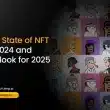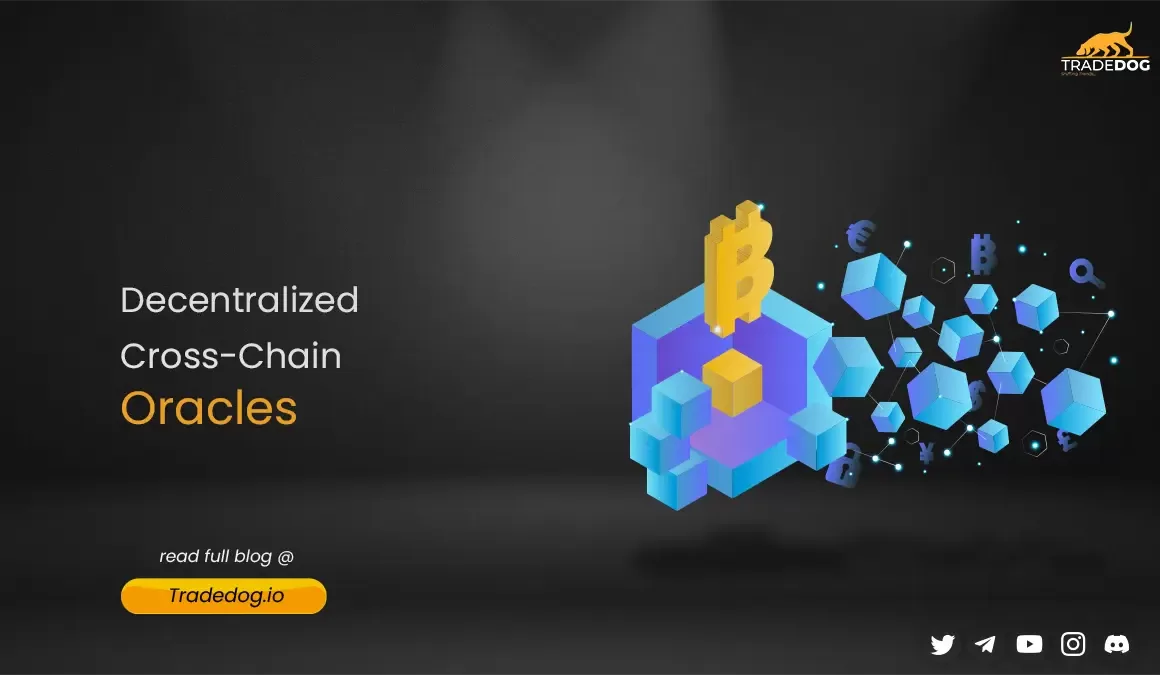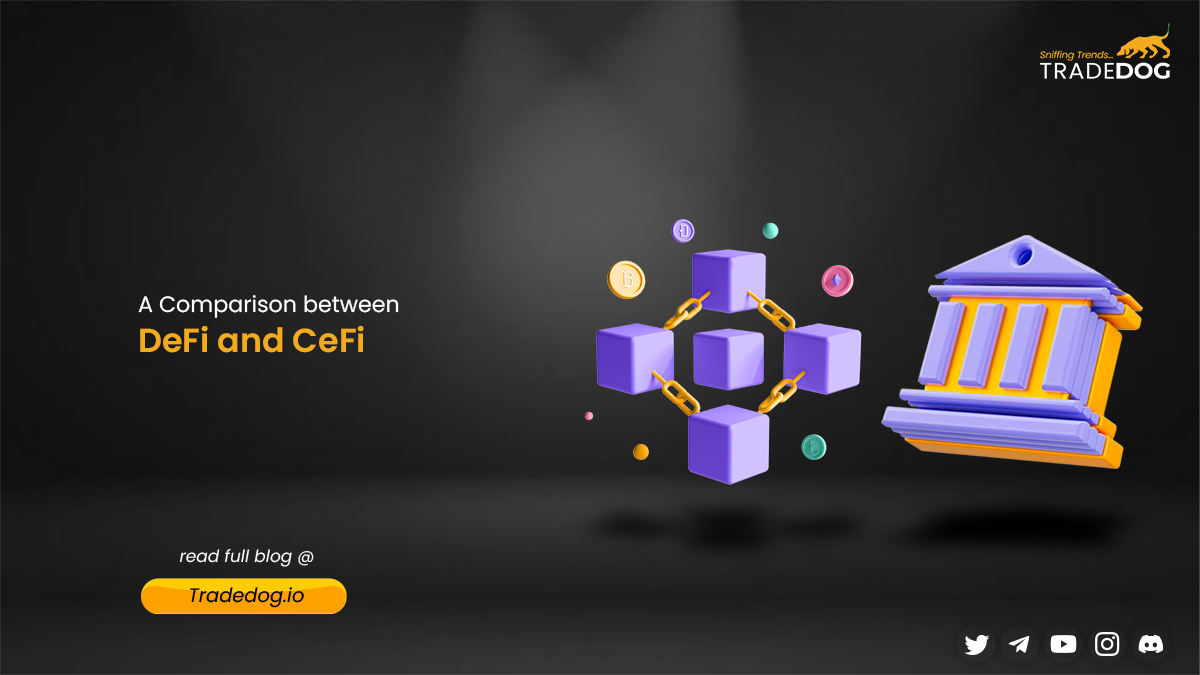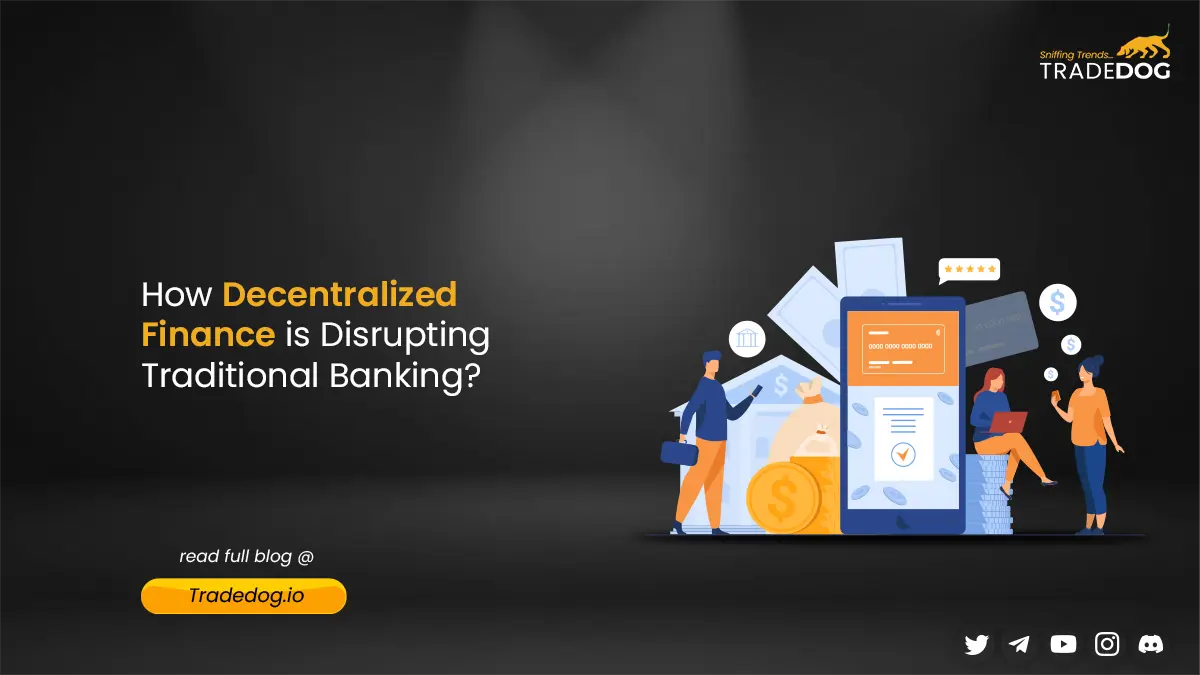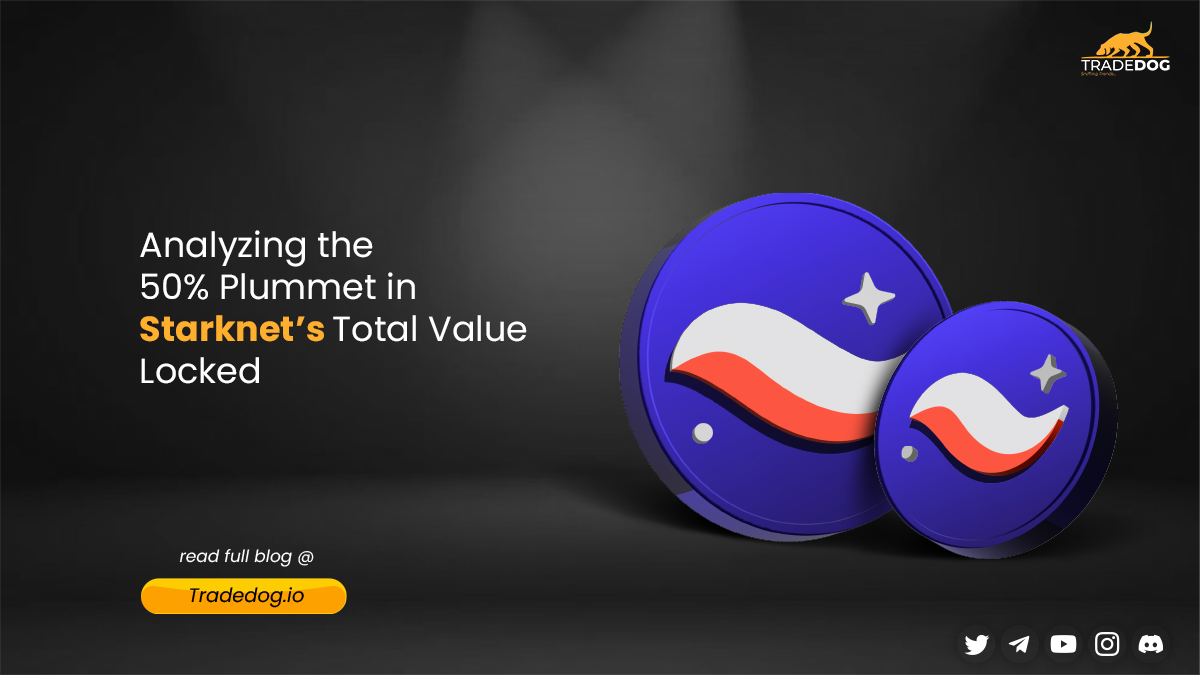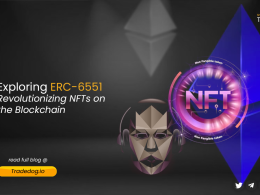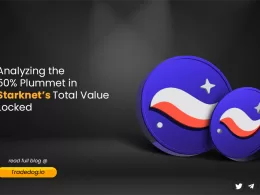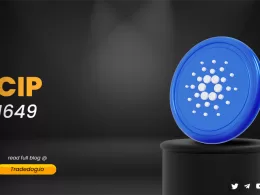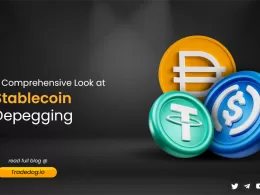Quick Links
The on-chain smart contracts are completely secluded from outside information. But to increase the utility of such contracts, these contracts need some off-chain information to execute a transaction successfully. This problem is solved by a mechanism known as “Oracle.”
Thus, Oracle is a piece of the infrastructure aimed at bridging the gap between the on-chains and off-chain information. They help in solving the problem of interoperability.
What is an Oracle?
Firstly, let’s understand the requirement of Oracle through an example. Suppose Mak and Ron engage in a bet for a football match between Argentina and Portugal. They both bet $100; Mak on Argentina and Ron on Portugal. The pot of $200 is held in an escrow account governed by a smart contract transferring the money to whoever wins the wager. But how does the smart contract receive the information regarding the winner of the match? To solve this problem, a part of the infrastructure called “Oracle” comes into the picture. It bridges this information gap, ensuring a smooth and efficient execution of the smart contract.
Need for a Decentralized Oracle
Oracles using a centralized entity introduce the problem of a single point of failure, which undermines the basic purpose of decentralization. If the single point goes offline, the smart contract stops receiving data or receives stale data, which further reduces the applicability of smart contracts.
Further, if corrupt or incorrect data is fed into the smart contract, it leads to the problem of “garbage in, garbage out.” Also since these contracts are immutable, an error, once done, cannot be changed and can lead to permanent loss of funds.
Thus, to prevent this problem of data inaccuracy, manipulation, and downtime, Decentralized Oracle Networks(DON) were introduced, consisting of multiple independent Oracle node operators and multiple reliable data sources to establish end-to-end decentralization. This eliminates the possibility of a single point of failure.
What are Decentralized Cross-Chain oracles?
Decentralized cross-chain oracles extend information interoperability from external sources beyond a single blockchain network. It facilitates smart contracts on one blockchain to access information from multiple blockchains or external sources. Cross-chain oracles facilitate the seamless exchange of data and assets between different blockchains. They enable actions on one blockchain to be triggered by data from another and allow assets to be moved across chains, granting them usability beyond their original native blockchain.
Application of Cross-Chain Oracles
Interoperable Decentralized Finance (DeFi) Ecosystem
Cross-chain oracles are crucial in bridging various DeFi protocols and platforms operating on different blockchains. They enable decentralized exchanges (DEXs) to access real-time asset prices from external sources, facilitating accurate pricing and enhancing liquidity. Additionally, cross-chain oracles enable lending and borrowing platforms to use collateral from one blockchain on another, expanding the pool of available assets and improving the overall efficiency of DeFi services. For example, through a decentralized Oracle network, Chainlink enables smart contracts to extract external price feed data.
Decentralized Asset Management
Asset managers and investors can benefit from cross-chain oracles by having a unified view of assets across multiple blockchains. These oracles allow asset managers to gather data and assess the performance of assets from various chains, making informed investment decisions. This integration also enables seamless asset allocation and rebalancing between different blockchain networks. Supra Oracles aims to facilitate this integration by providing real-time data feed about assets like stablecoins and tokenized coins in 2-3 seconds.
Cross-Chain NFT Marketplaces
Non-fungible tokens (NFTs) have gained immense popularity, and cross-chain oracles enable NFT marketplaces to broaden their reach. Artists and creators can issue NFTs on one blockchain and then use cross-chain oracles to allow users on other chains to view, trade, and interact with these NFTs. This expands the potential customer base and increases the exposure of NFTs in the broader blockchain community.
Blockchain Gaming
Blockchain gaming can utilize cross-chain oracles to enable cross-game asset transfers and interoperability. Players can own in-game assets and characters on one blockchain and use them in different games running on other chains, creating a seamless and interconnected gaming experience. Goracle ($GORA), a decentralized cross-chain oracle, helps users modify the value or appearance of their NFTs to include land, weapons, and avatars of real-world data.
Supply Chain and Traceability
Supply chain management can benefit from cross-chain oracles by integrating data from multiple blockchains to track the movement of goods and verify product authenticity. This integration enhances transparency, reduces fraud, and ensures industry standards and regulations compliance. FreshChain is a blockchain-based supply chain, decentralized cross-chain oracle designed specifically for the fresh produce industry. It has features like farm-to-factory monitoring systems, and real-time quality assessment features to track the journey of one’s food.
Insurance Contracts
A major application of Oracle cross mechanisms is in insurance contracts. For example, insurance companies can extract data from aggregators like Accuweather to get weather information and build decentralized insurance contracts for farmers in developing countries. This will automatically enable the smart contract to execute the payout depending on the weather data. Founded in 2017, Band Protocol is a cross-chain data oracle platform that can supply off-chain data to in-chain nodes. It extracts weather information for better execution of smart contracts.
Conclusion
Cross-chain oracles have emerged as a vital solution for enhancing blockchain interoperability and unlocking the full potential of decentralized applications. With their ability to facilitate data and asset exchange between multiple blockchain networks, cross-chain oracles open up new possibilities for DeFi, gaming, supply chain management, and more. Protocols such as Supra Oracle are leading the innovation path regarding cross-chain oracles. As blockchain technology evolves, cross-chain oracles will play a pivotal role in creating a more interconnected and efficient decentralized ecosystem.




